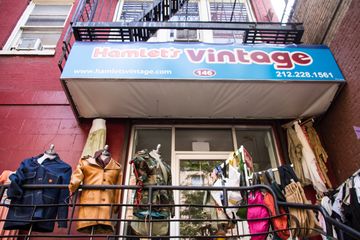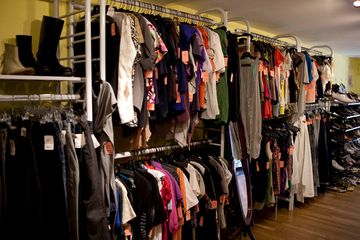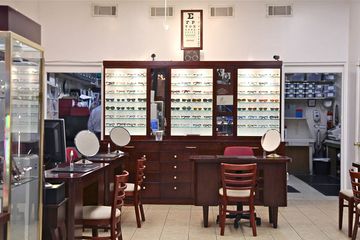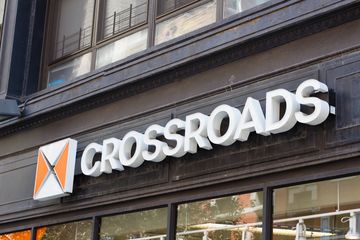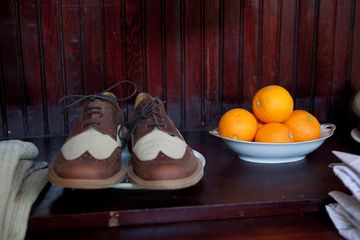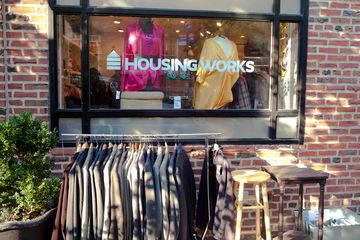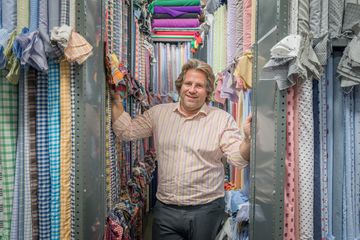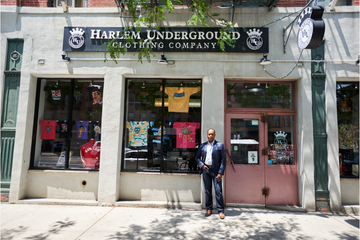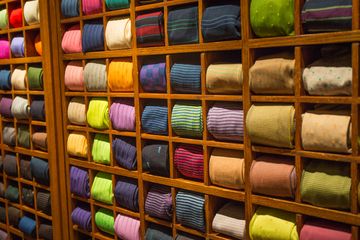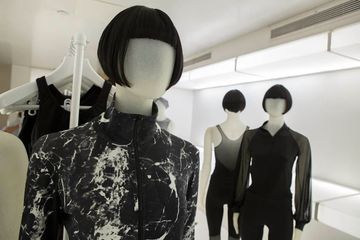This bright and colorful West Village thrift shop is just one of the many businesses run by Housing Works, one of New York's highly regarded non-profits. Housing Works was founded in 1990 by members of ACT UP, an AIDS activist group that is dedicated to fighting the joint issues of homelessness and the AIDS epidemic. Their first thrift shop opened in Chelsea in 1992 and thirteen more have opened throughout the city since then, as well as a bookstore café in SoHo. At the height of the AIDS epidemic, the social stigma associated with those living with the virus or simply being LGBTQ+ resulted in thousands of individuals being denied the foundation of a stable living: housing. Whether it was from familial rejection or housing discrimination, more and more HIV positive people found themselves on the streets, and poverty, queerness, and AIDS soon became intrinsically linked. Recognizing this often neglected connection, the founders of Housing Works sought to create an organization that addressed this crisis. The non-profit is committed to ending the dual crises of homelessness and AIDS through relentless advocacy, the provision of lifesaving services, and entrepreneurial businesses that sustain their efforts. Luke, a member of the Manhattan Sideways team, sat down with the 10th Street store manager, Lauren Guttenplan, to discuss the community atmosphere forged in their shop. She mentioned, “Community feels very central to the mission. We’re not too far from Christopher Street and Stonewall, so many of our customers and volunteers have lost someone or have a personal connection to the cause. They like to know that the money they’re spending is going to help towards something good. ” Guttenplan also noted that many of their regular customers come in as frequently as once or twice a day, and that the staff, the majority of whom are volunteers, often know customers’ names. Some patrons will even make a point to shop on a day where they know when a particular volunteer is working. Guttenplan credits much of the success of the operation to the devotion of the volunteers, whom she describes as “the face of the store. ” The shopping experience is truly unlike many other in that there are opportunities for customers to become volunteers or get involved in local activism and protests. With a retail background and a degree in social work, Lauren finds Housing Works to be a perfect blend of her passions. The organization provides the unique opportunity to run a business and actually make a difference. She appreciates that with programs like job training, it is particularly satisfying to witness the impact of her work first hand. Because all of the merchandise sold in the stores is donated, each of the Housing Works shops also serves as a reflection of the surrounding neighborhood. The West Village shop, with plenty of natural lighting and exposed brick, features not only fun and unique clothing selections, but also many household items, including kitchen items, home décor, and even furniture. The store hosts a number of events, the biggest of which are the Best of Fall and Best of Spring sales.
